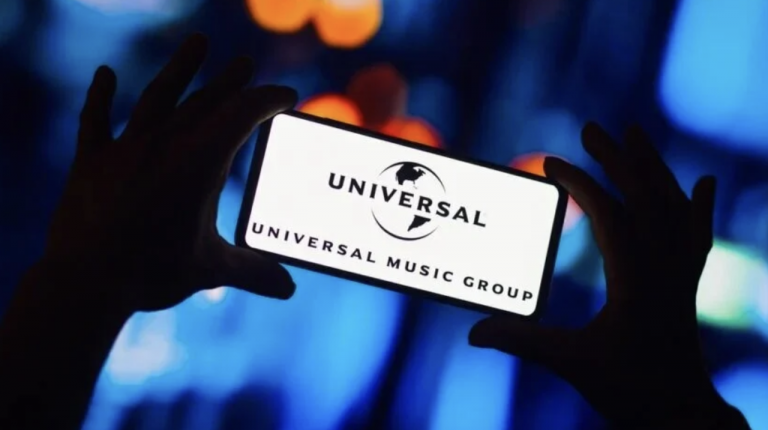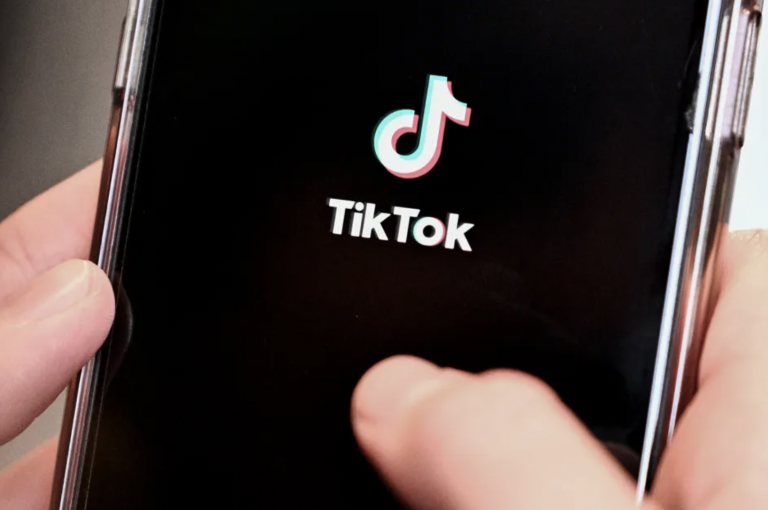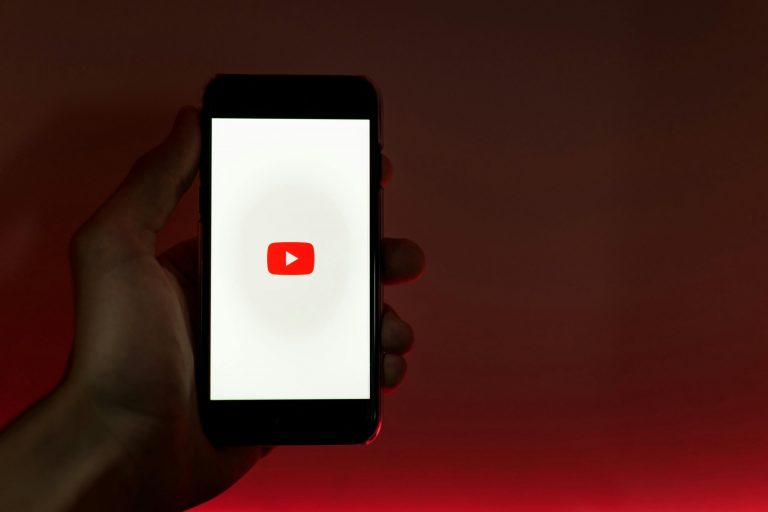Generative AI is shaking up the music industry, and Suno is at the center of the storm. The Boston-based startup is seeking more than $100 million in new funding at a valuation above $2 billion, Bloomberg reports. At the same time, the company faces lawsuits from the world’s biggest record labels, raising questions about whether investors are betting on innovation or controversy.

Rapid Growth & Investor Backing
Suno’s growth has been rapid. The company already generates over $100 million in annual recurring revenue. In addition, it previously raised $125 million from Lightspeed Venture Partners, Nat Friedman, Daniel Gross, Matrix, and Founder Collective. Its platform lets users create songs by typing text prompts. While fans see this as a breakthrough, many musicians call it theft. They argue Suno trains its AI on existing songs, copying creative work without consent or pay.
That fight has now moved into the courts. In June 2024, Sony Music Entertainment, Universal Music Group, and Warner Records sued Suno and rival Udio. The labels claim the companies trained their AI models on copyrighted music without permission. As a result, they are seeking damages of up to $150,000 per track, which could add up to billions. Meanwhile, settlement talks are underway, with licensing deals on the table.
Backlash from Artists
The backlash extends beyond lawsuits. In January, Suno’s co-founder and CEO Mikey Shulman sparked outrage on the podcast The Twenty Minute VC. He said, “It’s not really enjoyable to make music now,” arguing most people find the process slow and frustrating. Consequently, many artists saw the comment as dismissive of their craft, fueling fears that AI platforms devalue years of skill and artistry.
Suno’s story captures a turning point for the music industry. On one side, investors see a company with explosive growth and game-changing technology. On the other, artists and labels see a threat to creativity and intellectual property. Ultimately, whether Suno becomes a trailblazer or a cautionary tale will depend on how it balances innovation, legality, and respect for music as an art form.






